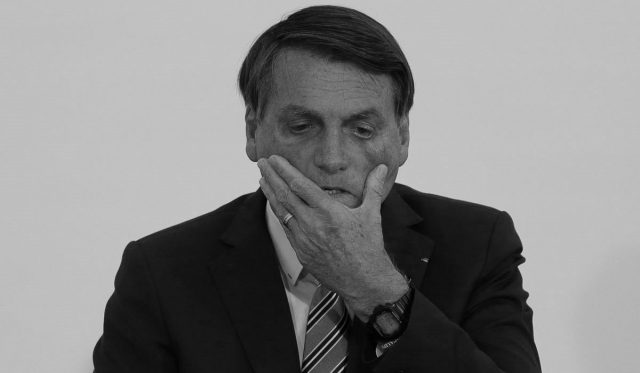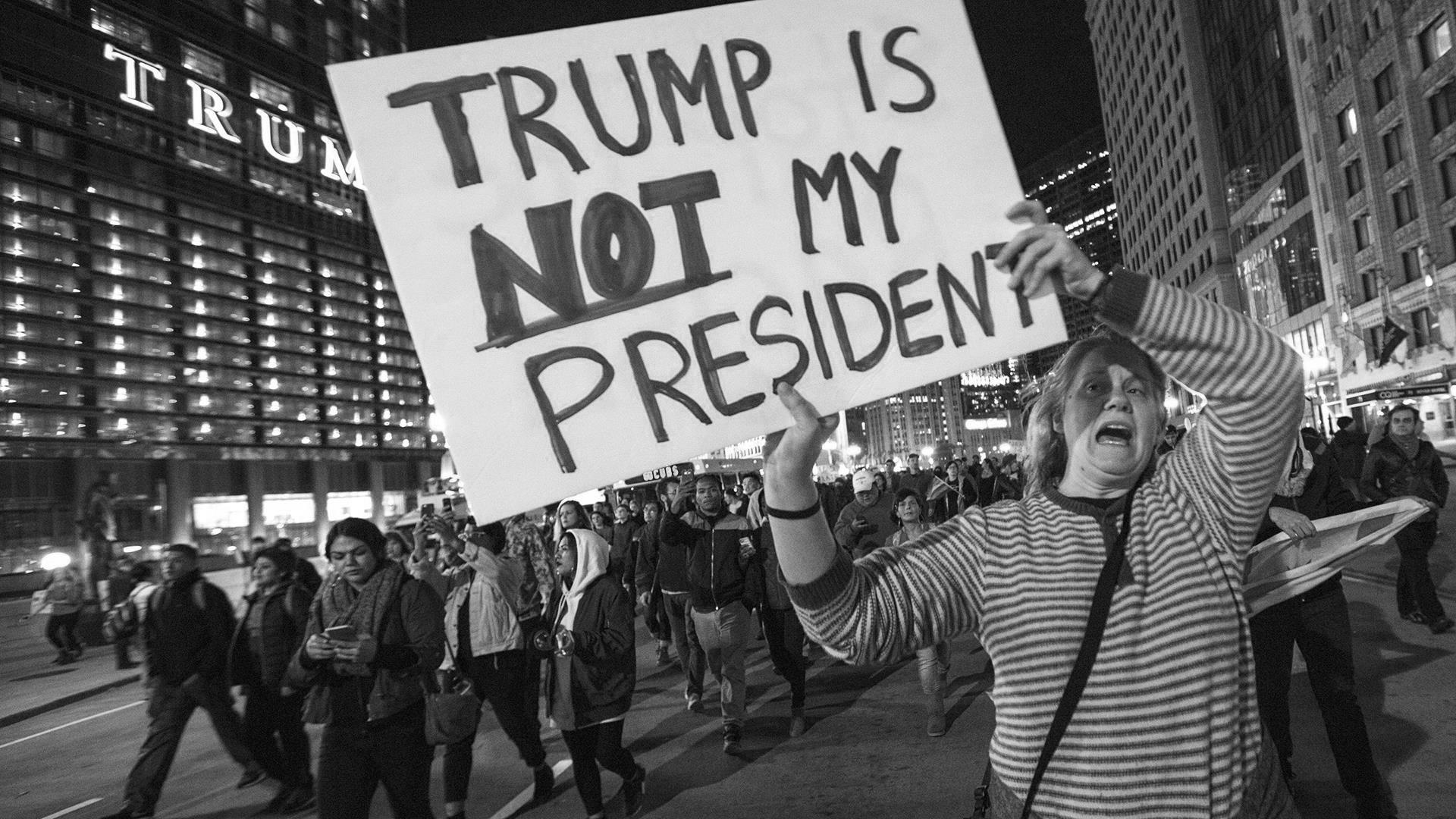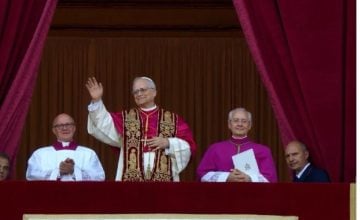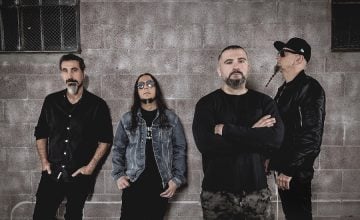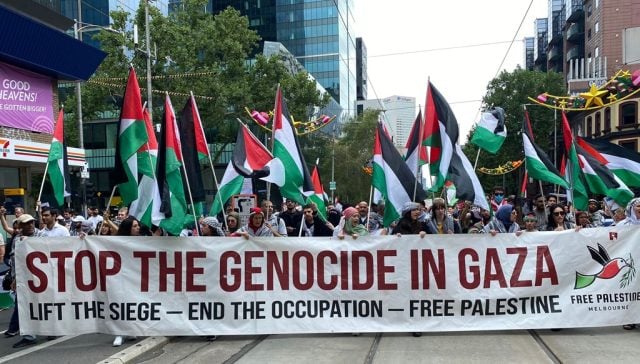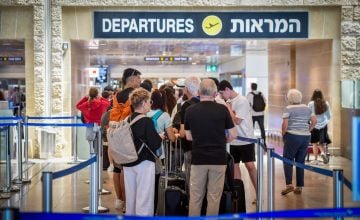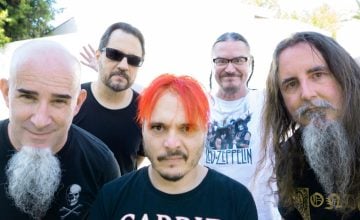Jair Bolsonaro is one of the world leaders who does not recognize the victory of Joe Biden in the US elections. The Brazilian president is a confessed admirer and believer in his North American counterpart, Donald Trump. Therefore, to recognize that Trump lost is practically a defeat for the government system that both defend and run.
In the midst of that resentment – the defeat of his «idol» – he suffered a more direct and accurate one in his own country. Brazil held municipal elections this Sunday, November 15. In the process, the candidates Bolsonaro defended played a regrettable role.
These elections offered an electoral opportunity to evaluate the support of Bolsonaro’s anti-system movement. We should recall that since his victory in 2018, his popularity has gone from bad to worse, worsening after the pandemic.
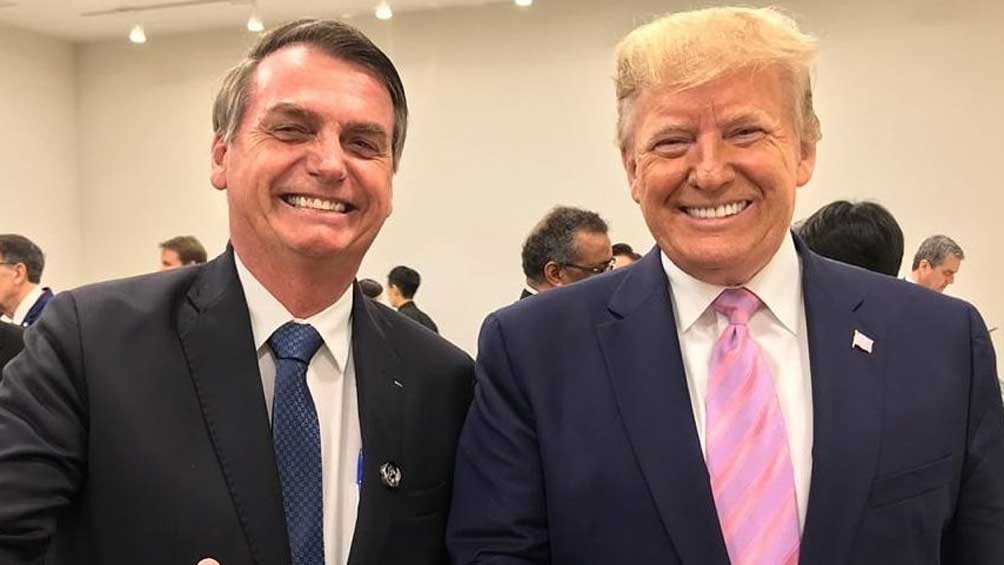
On the one hand, voters delivered painful defeats to Bolsonaro’s candidates in key cities. On the other hand, they brought back important politicians from the traditional dominant parties.
Brazilian media replicated a few words from political commentator Josias de Souza, who tried to explain the results. «The far-right wave that brought Bolsonaro to the presidency turned into a shock wave in 2020».
The controversial head of State had endorsed far-right candidates in six state capitals. In the end, four of them suffered heavy defeats.
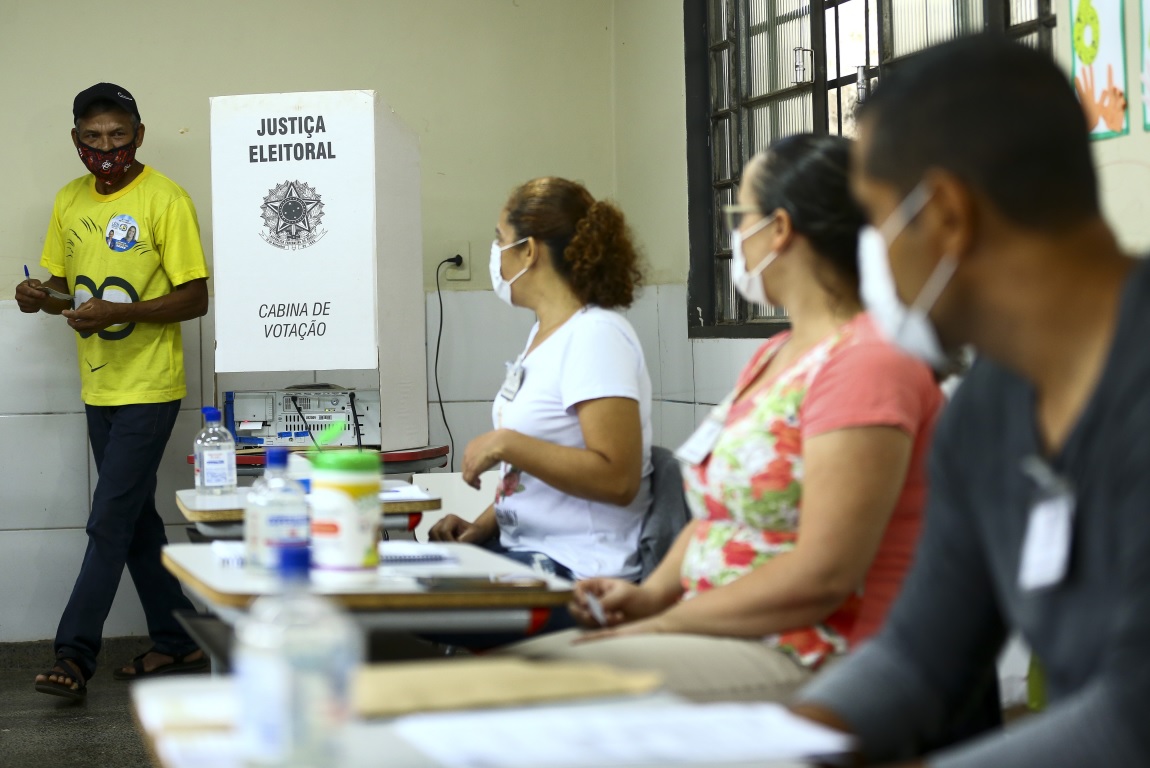
Four painful defeats in these elections
In the Amazon city of Manaus, a friend of four decades named Alfredo Menezes finished fifth. In Recife, Patrícia Domingos, whom Bolsonaro had promised would get rid of “communism” in that region, came in fourth place.
In Belo Horizonte, the third largest city in the country, a 23-year-old friend and conservative activist named Bruno Engler was defeated by Alexandre Kalil, who obtained more than 63% of the vote.
But, his worst defeat was lived in São Paulo, the largest and most economically powerful city in Brazil. There, Celso Russomanno was defeated by the center-right incumbent Bruno Covas and the left-wing candidate Guilherme Boulos. The two will meet in a runoff on November 29.
“We have beaten Bolsonaro. We have defeated his project of hatred, backwardness and lies that tried to take root in São Paulo”. Thus, Boulos celebrated the crushing defeat of the one chosen by the president. For his part, the current governor of São Paulo, João Doria, said: «Democracy won and Bolsonaro lost».
Now, in the second most important city, Rio de Janeiro, the evangelical mayor, Marcelo Crivella, will go to a second round. However, media such as Brasil de Fato predict his defeat.
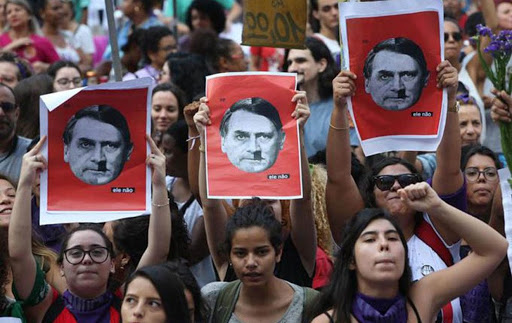
Brazilians say: No more Bolsonaro
In other cities of smaller size and economic importance there were also humiliating defeats or setbacks for candidates linked to Bolsonaro.
The president’s cousin, Marcos Bolsonaro, won only 1,340 votes, 4% of the total, in his bid to become mayor of the town of Jaboticabal. The president’s ex-wife, Rogéria Nantes Braga, failed to become a Rio councilor, after receiving only 2,033 votes.
Bolsonaro’s son, Carlos, got a second term in Rio’s city hall. However, he received 36,000 fewer votes than in the last elections and lost his title of most voted councilor to a socialist.
In the southern city of Brusque something happened that bordered on the ridiculous. An aspiring councilman tried to increase his chances by running under the name «Donald Trump Bolsonaro». In the end, he only got 107 votes, 0.7% of the total, and finished in 128th place.
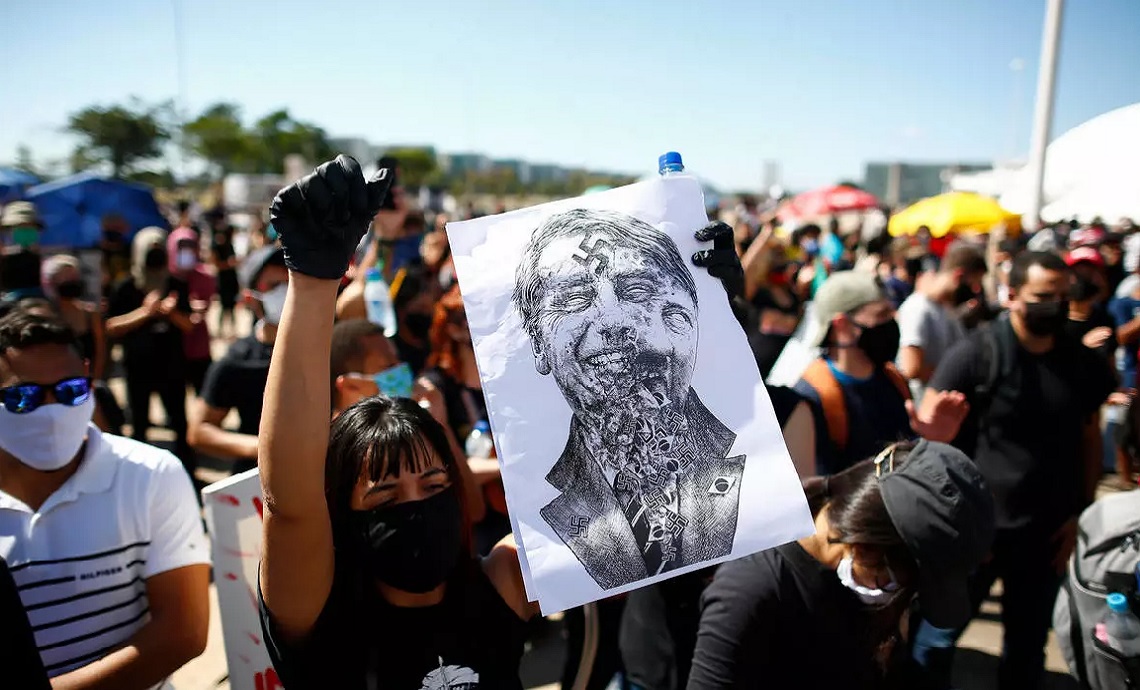
What did the president say?
Like Trump, Bolsonaro tried to change the narrative and turn reality around. He claimed that the results were «a good omen» for his re-election chances in 2022 and, furthermore, «a historic defeat» for the left. The Brazilian media rhetorically asked: What were the elections that the president saw?
Meanwhile, most of the political analysts interviewed by the press agree – reports The Guardian – what happened was the opposite to what Bolsonaro said. For example, they highlighted that in these elections a new generation of left-wing politicians emerged who performed well.
In addition to Boulos, 38 years old, other figures on the left also stood out. Manuela D’Ávila (39) advanced to the second round for mayor of Porto Alegre as a candidate of the Communist Party.
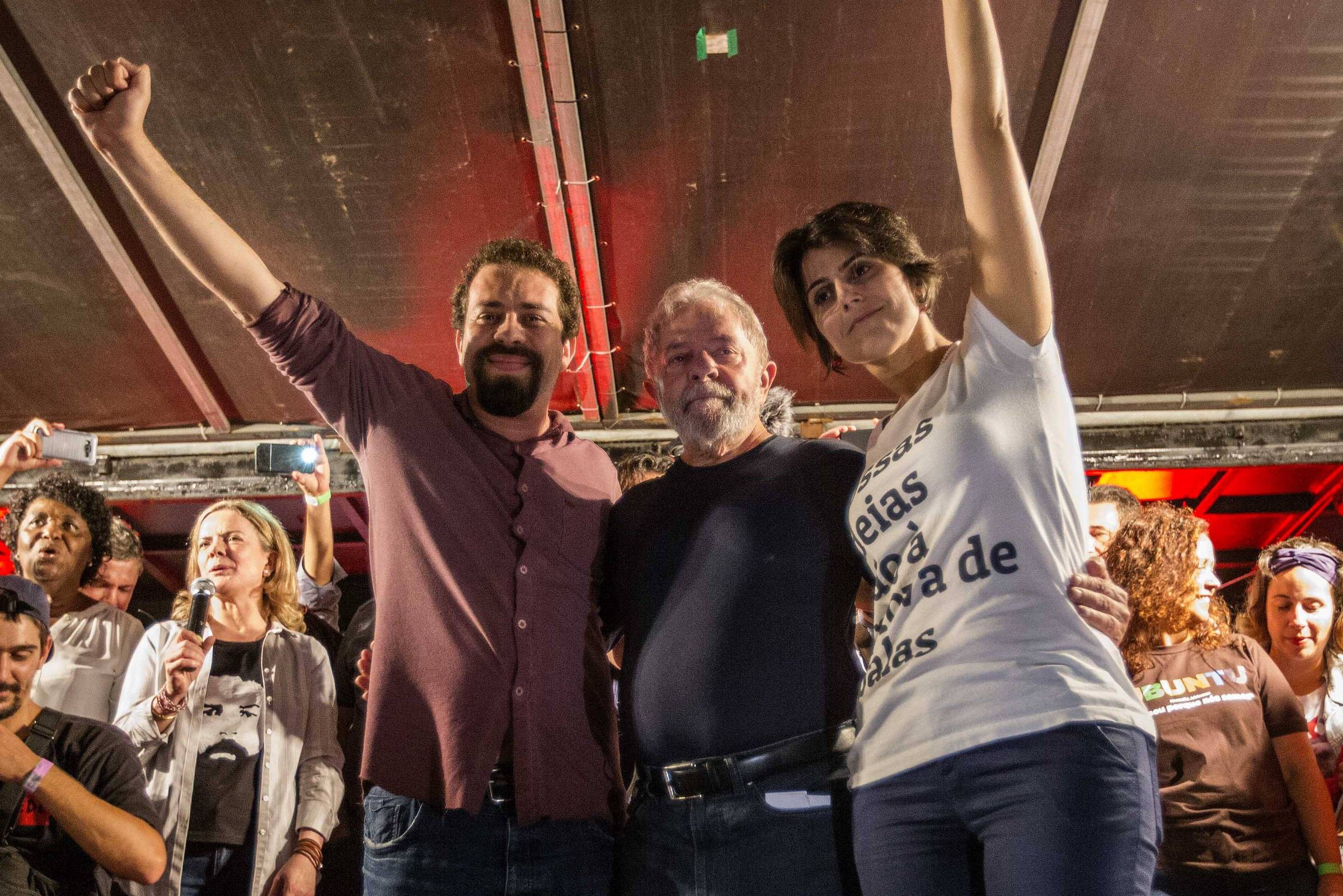
Marília Arraes (36) advanced to the second round in Recife prefecture, as a candidate for the Workers’ Party (Partido de los Trabajadores – PT). She will compete against João Campos (26), candidate for the Brazilian Socialist Party.
Likewise, Monica Benício, (34), was elected to the Rio council by the Socialism and Freedom party. She is the widow of the murdered left-wing councilor Marielle Franco.
With the victory of so many young candidates, the newspaper O Globo titled this week on its front page: «The left rejuvenated on Sunday.»
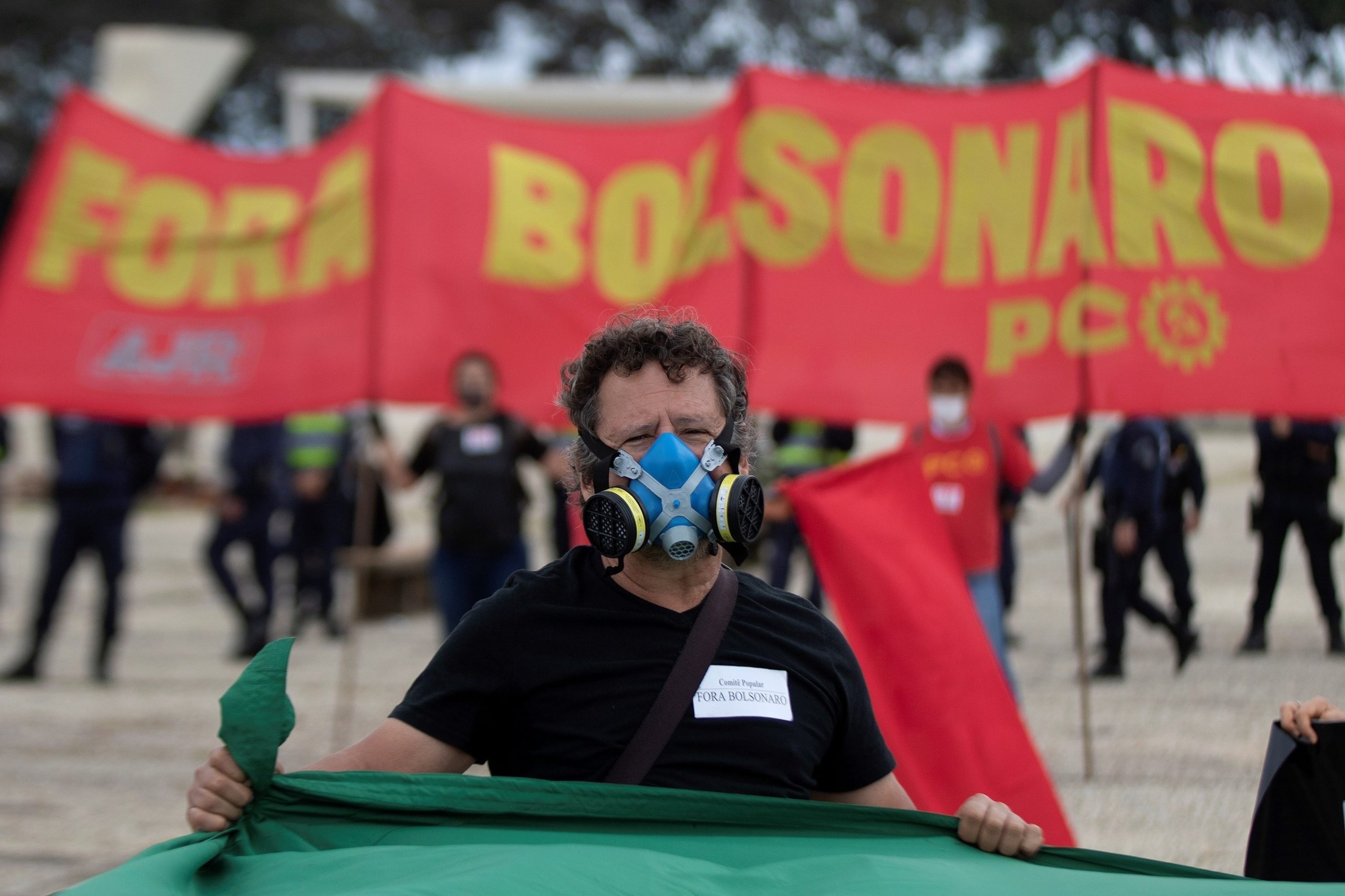
Key moment for Bolsonaro
These results come at a time of trial for Bolsonaro. Trump’s defeat robbed his populist project of a key source of legitimacy. Everything happens just when the justice system investigates his in-laws for alleged corruption.
Furthermore, polls show that his popular support continues to decline in several major cities. Why did it take a nosedive this year? The answer to that question is very simple: his appalling handling of the COVID-19 pandemic.
To date, more than 165,000 Brazilians have died due to the coronavirus. Days ago, with signs that the outbreak in Brazil was getting worse again, Brazil’s president rejected warnings of a «second wave». He even dared to say: “We are all going to die one day. Let’s stop being a country of sissies”.
The epilogue of the defeat
The portal Brasil de Fato defines the results of Sunday’s elections as follows: “The left-wing parties among the 100 largest cities in the country were strengthened. Most of the ultra-rightist candidacies or those supported by President Bolsonaro failed”, and are currently without a political party.
«At the same time -continues the article- the traditional right gained ground and will maintain its electoral hegemony in various capitals of the South American country».
In six capitals, the right and center-right won in the first round: Belo Horizonte (Minas Gerais state), Curitiba (Paraná), Natal (Rio Grande do Norte), Palmas (Tocantins), Florianópolis (Santa Catarina) and Campo Grande (Mato Grosso do Sul). In the other 19 capitals, there will be a second round on November 29.
Only two capitals, Fortaleza, (Ceará) and Rio de Janeiro, will have two Bolsonaristas candidates: Captain Wagner and Marcelo Crivella, respectively.
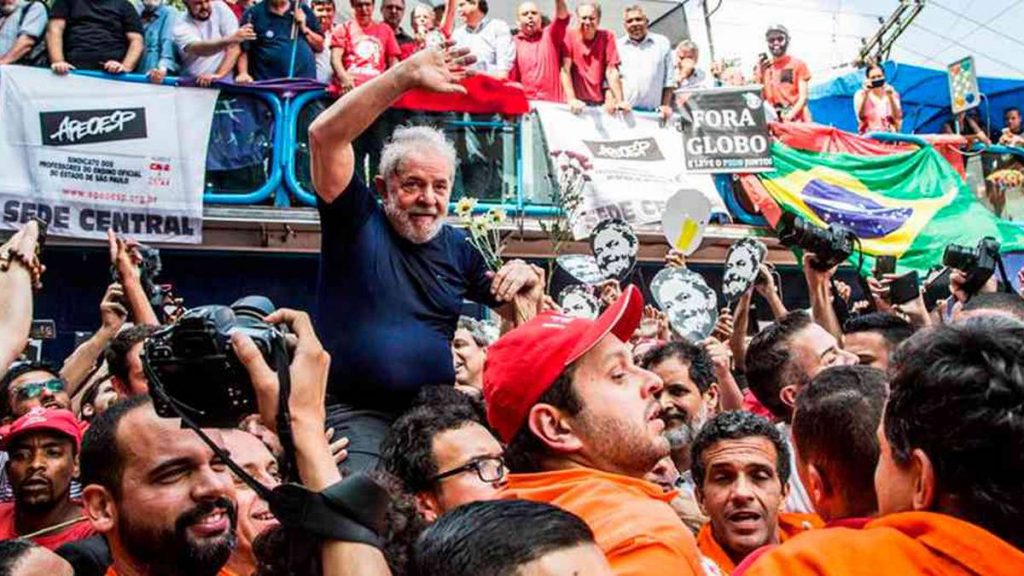
Also, in the hundred largest cities, the Workers’ Party (PT) and the Socialism and Freedom Party (PSOL) gained ground. They even have a great chance of winning at least 12.
Recife, in Pernambuco, will be the only capital with a second round between two progressive candidates: cousins João Campos (PSB) and Marília Arraes (PT).
In Porto Alegre, capital of Rio Grande do Sul, Manuela D’Ávila (Communist Party) will run for mayor against Sebastião Melo (MDB). D’Ávila was a vice presidential candidate in the coalition with Fernando Haddad (PT) in the 2018 presidential elections.
For Katia Marko, a journalist from Brazil de Fato in Rio Grande do Sul, the result expresses the “weariness” of the voters towards Bolsonarism and the liberal right.
